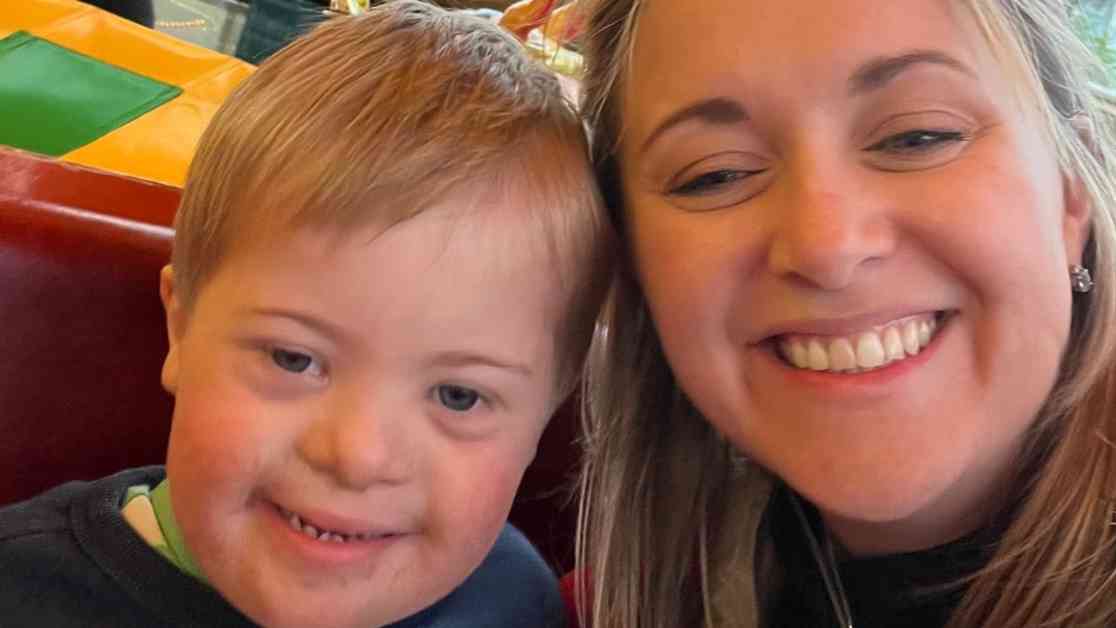Ensuring Inclusive Education for Special Needs Children: Addressing Segregation and Funding Issues
Children with special educational needs are being “segregated” and left to struggle in the wrong schools because councils are trying to “save on costs”, parents have told Sky News. Maire Leigh Wilson, whose four-year-old son has Down’s syndrome, says she “shudders to think” where he would be now had she not been in a “constant battle” with her council. “I think he would probably just be at the back of a classroom, running around with no support and no ability to sign or communicate,” she said.
Mrs Leigh Wilson wanted her son Aidan to go to a mainstream school with additional specialist support, but her council, who decide what is known as a child’s Education Health and Care Plan (EHCP), wanted him to attend a special school. The number of EHCPs being appealed by parents has risen “massively”, according to education barrister Alice De Coverley. She said councils are struggling to meet the volume of demand with “stretched budgets”, and parents are also more aware of their ability to appeal.
Mrs De Coverley said more than 90% of tribunals are won by parents, in part because councils do not have the resources to fight their cases.
## The Impact of Limited Resources on Parents
In her experience, Mrs. De Coverley mentioned that parents of children with special educational needs often put everything on the line, including their homes and jobs. She emphasized that while the system may not be intentionally rigged against parents, they are indeed facing significant challenges. The rise in “unlawful decisions” by local authorities is leading to parents who can afford it being “utterly burnt out” by legal challenges.
## A Glimpse into Personal Struggles
Emma Dunville, a friend of Mrs. Leigh Wilson, shares her journey in obtaining the right education provision for her son. Describing the experience as “exhausting mentally and physically,” she expresses concerns about the battle that lies ahead. Unlike Mrs. Leigh Wilson, Mrs. Dunville wanted her son Albie to attend a special school. However, delays in assessments and decisions by the council have left her feeling overwhelmed. She highlights the need for individualized approaches, especially for children with Down’s syndrome, emphasizing that a one-size-fits-all method is ineffective.
## Council Responses and Future Efforts
Hounslow Council in southwest London, where Mrs. Leigh Wilson resides, has acknowledged areas that require improvement in their educational support for children with special needs. They are actively working to enhance their services and engage with families to ensure a better experience. Despite facing challenges due to increased demand and resource limitations, the council remains committed to addressing the concerns raised by parents and improving the overall system.
By shedding light on the struggles of parents advocating for their children’s educational rights, it becomes evident that a collaborative effort involving parents, councils, and educational professionals is crucial in ensuring inclusive education for all children, especially those with special needs. As more voices are heard and experiences shared, the path towards a more supportive and inclusive educational environment can be paved.













